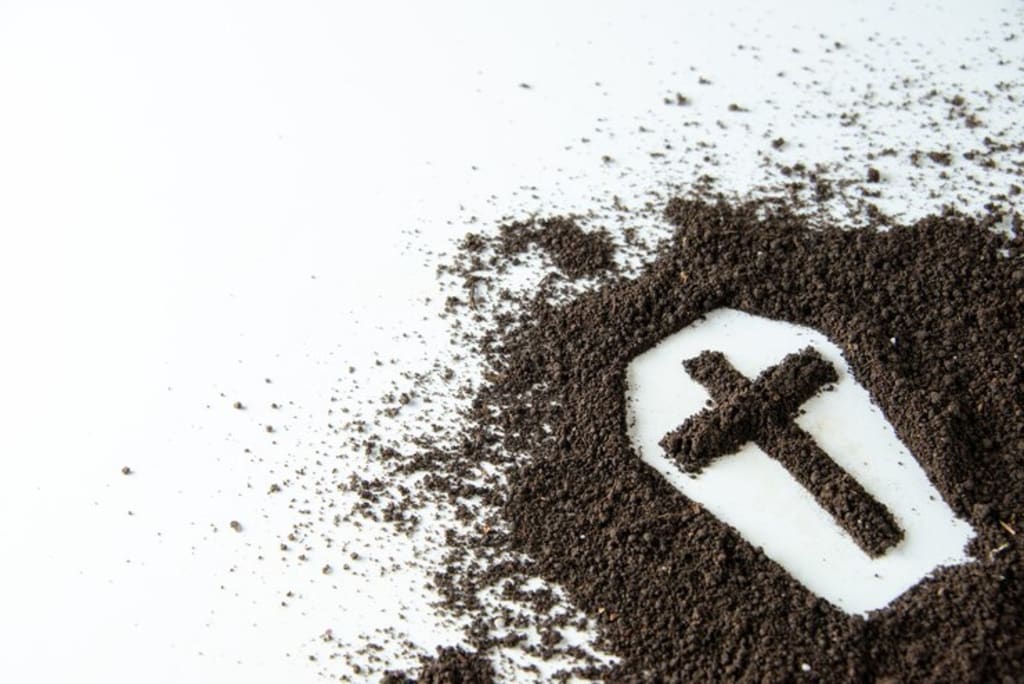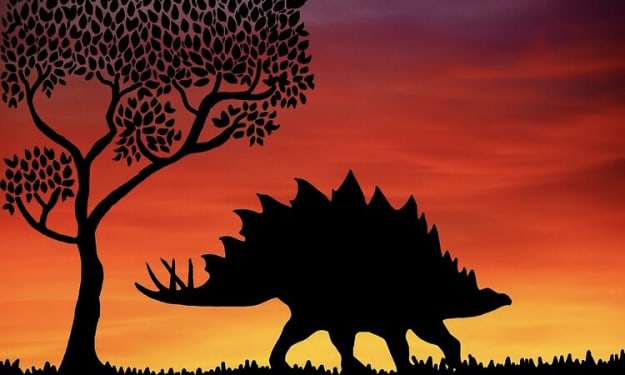WHAT HAPPENS WHEN WE DIE
Curious about what unfolds after you've taken your final breath and entered the realm of eternal slumber?

Despite the prevailing scientific beliefs on death, a significant number of people still hold onto the belief in life after it. A survey conducted in 2014 by the Telegraph in the UK revealed that nearly 60 percent of the participants expressed their belief in the persistence of some element of existence beyond death.
According to a survey by Pew Research in 2015, the majority of Americans, 72 percent, believe in going to heaven after death. Heaven is seen as a place for those who have lived good lives and receive eternal rewards. Additionally, 54 percent of U.S. adults believe in hell, where those who have led bad lives and die without remorse are eternally punished.
If you're unsure about what happens after death, this article is for you.
Numerous individuals entertain the notion that post-mortem existence may entail an ascent into a paradisiacal expanse adorned with clouds. Conversely, transgressions against the ethical tenets delineated by one's chosen religious doctrine could result in enduring infernal conflagrations and the daunting prospect of supplication to a bearded, pitchfork-wielding figure. However, let us embark on a more empirically grounded exploration, elucidating the physiological transformations manifesting in the body upon the cessation of life. Physicians ascertain death through the cessation of cardiac activity and the cessation of electrical impulses within the brain.
Brain death signifies the cessation of life, although artificial means can prolong this state temporarily. Cardiac death, marked by the heart's cessation, results in the cessation of blood flow. Interestingly, individuals revived from cardiac death often recount heightened awareness and experiences like moving towards a light. Clinical death, revivable within a 4–6-minute timeframe, contrasts with biological death – the irreversible conclusion akin to the extinction of a dodo.
In this somewhat indelicate scenario, your concern is irrelevant, given your deceased state. Following the definitive departure from the living, muscle relaxation occurs, causing the release of bodily contents, including the remnants of a substantial meal like a triple Whopper and large fries. The internal gases may escape, resulting in an unpleasant odor. A similar fate awaits the stored urine in the bladder, making the dying process predictably messy. Men may experience ejaculation, while women, if pregnant, might undergo "coffin birth," a rare occurrence facilitated by abdominal gases guiding the emergence of the newborn. As the body expels trapped substances, audible emissions may occur from the mouth as air escapes. Witnesses, including nurses, near deceased individuals, have frequently reported lifelike moans and groans. Muscle contractions may induce twitches, but they are not indicative of life. Additionally, an erection may occur if one dies lying on their stomach, as blood pools in a specific area due to "livor mortis," causing a dark purple discoloration. Post-mortem, the body cools down in a process known as "algor mortis" or "death chill," reaching ambient temperature. Rigidity sets in within 2-6 hours, termed "rigor mortis," resulting from calcium influx into muscle cells. Cellular breakdown in the absence of blood flow fosters bacterial growth, initiating the decomposition process shortly after death.
The misconception of hair or nail growth post-mortem is dispelled by the actual occurrence of skin recession, creating a misleading impression. Concurrently, the skin undergoes laxity, accompanied by the emergence of blisters on the body. Subsequently, putrefaction sets in, marked by the voracious activity of bacteria and microorganisms feasting on the remains. The ensuing olfactory consequence is an overpowering stench, aptly described by one individual as a combination of "rotten eggs, feces, and a used toilet left out for a month, multiplied by 1000. It is unholy."
Gradually, everything soft undergoes liquefaction, while bones, cartilage, and hair maintain their resilience. Decomposition initiates well before interment, progressing significantly. Embalming and burial can slow down this process, extending its duration. Conversely, if left above ground, liquefaction occurs within about a month, as insects, maggots, plants, and animals engage in a voracious feast. Underground, experts estimate a span of 8-12 years for complete reduction to a skeletal state. After roughly 50 years, even the bones assimilate into the Earth. It's crucial to note that the rate of decomposition hinges on a multitude of factors too extensive to enumerate here.
While some individuals describe their near-death experiences as awe-inspiring, that sentiment is not universal. One person shared on Reddit, stating, "It was just black emptiness. No thoughts, no consciousness, nothing." French philosopher René Descartes posited the separation of the soul from the body, aligning with various religious beliefs that suggest a lingering essence after death. Friedrich Nietzsche introduced the concept of eternal recurrence, wherein all existence perpetually repeats itself. This notion, living the same life ad infinitum, encourages a reflection on the importance of leading a meaningful life. Drawing parallels, Buddhist philosophy presents the "Wheel of Samsara," where souls undergo a cycle of rebirth, not necessarily in identical lives. This concept, known as reincarnation, is sometimes linked to the phenomenon of Deja vu. Buddhists aim to break this cycle through enlightenment, reaching nirvana. Alternatively, various cultural and religious beliefs envision an afterlife, be it a paradisiacal realm or a continuation of existence in another form. The speculation on the fate of the soul post-mortem serves as a distraction from cosmic insignificance and the occasional existential futility experienced in our earthly existence.
Reflecting on the profound aspects of life, including mortality, is crucial, but it's equally important to focus on the present. Rather than fixating on the grim aspects, let's use this awareness as a catalyst for positive change and personal growth. Life offers a unique opportunity for meaningful experiences and connections, prompting us to appreciate the present and actively work towards a more fulfilling and enriching journey. Let's seize the moment and make the most of our time.





Comments
There are no comments for this story
Be the first to respond and start the conversation.